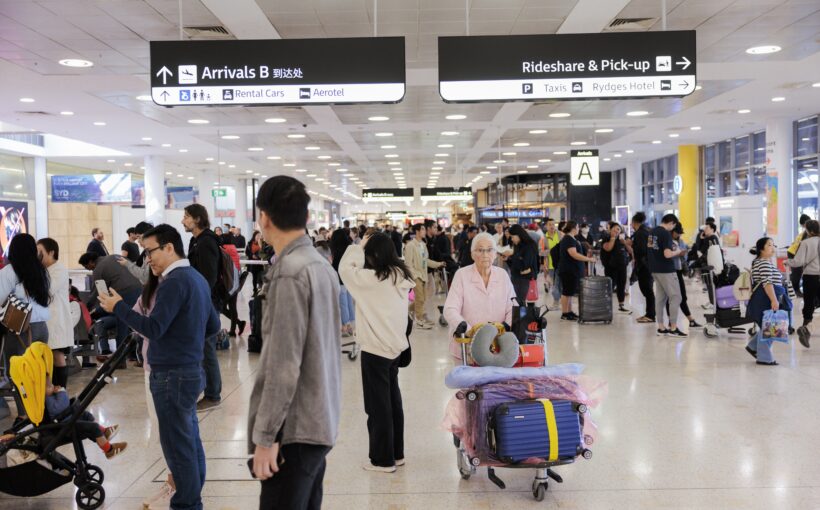Seamless travel between New Zealand and Australia is one step closer.
Prime Minister Anthony Albanese and his New Zealand counterpart Chris Hipkins today announced they will create a 12-month expert group to explore easier travel across the Tasman Sea.
That working group will report back by the end of June 2024.

“We have not looked at a trans-Tasman passport but what we’re looking at though is making a seamless experience of going through from country to country,” Albanese said from Wellington.
“That might look at, for example, how smart gates can operate and be complimentary.
“Before you get on a plane in either country it is already recognised that you are OK to come in and therefore you can just go through smart gates in a seamless way and in a timely way as well.”
The announcement comes after a direct pathway for New Zealand citizens to attain Australian citizenship came into effect on July 1.
“I am so pleased that as of this month, it is now easier for New Zealanders to call Australia home to become Australian citizens,” he said.
“This is a change that was long overdue.
“It was the right thing to do and it was the first thing to do.”
Albanese’s trip to New Zealand is his first as prime minister and was for the annual meeting for leaders of the two countries.
In addition to easier travel, he and Hipkins announced a new trans-Tasman roadmap, which will stretch to 2035.
This roadmap is structured around five pillars: sustainable, inclusive and prosperous economies; security and resilience; being active partners in the Pacific; upholding shared principles and values; and the countries’ peoples.
“We live in a world where we need friends, partners and allies like New Zealand,” Albanese said.
“We will get better results when we work together.
“The roadmap recognises that our trans-Tasman relationship is a significant asset for both countries to meet the challenges and build on the opportunities which are ahead of us in the coming decades.
“The roadmap also identifies how we will harness our collective strengths for the good of our countries, for the good of our people and for the good of our region.”





